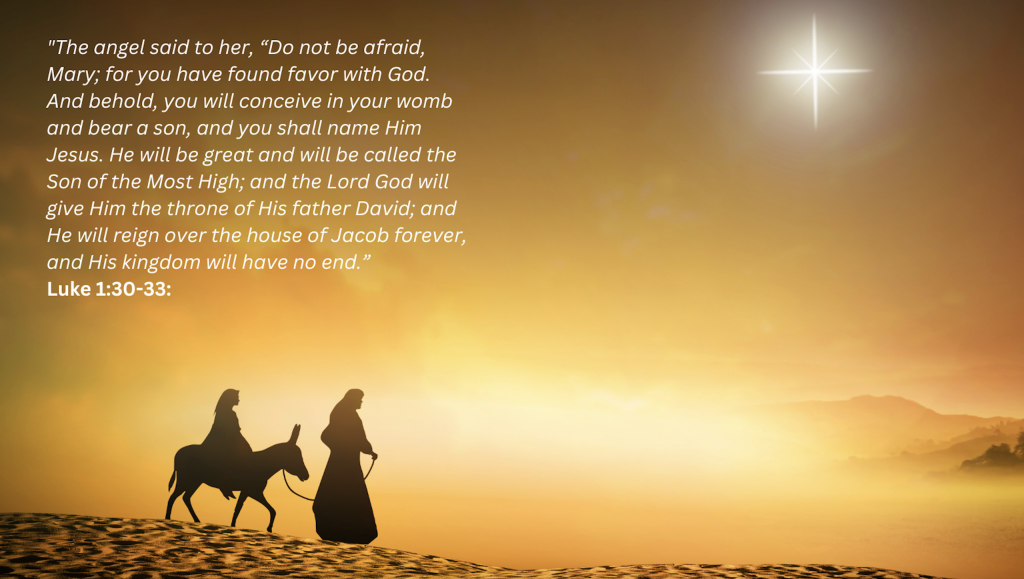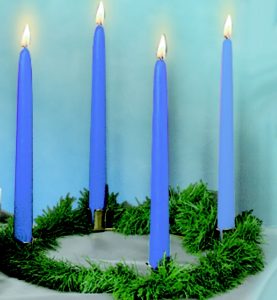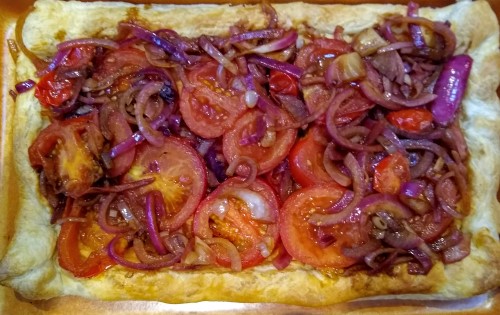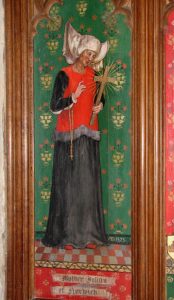
Our country has a new King! He became King when his mother died last year. At Growing Old Grace-fully we cebrated his mother’s 70th Jubilee in 2022 with several tea parties. One of GOG’s aims is to celebrate older age. In honouring Queen Elizabeth ‘s Jubilee we celebrated her faith and duty during a long reign at several Jubilee gatherings. We were invited to reflect on our own lives, celebrate them and the value of experience and older age in society.
King Charles is publicly crowned and anointed as monarch on May 6th. He has become King at the age of 74. This is an age when most retire rather than take on a new, public demanding role. However this is a role he has been aware of and preparing for all his life. All lives have their ups and downs which are highlighted in an era of 24 hour media coverage. As an older person slightly younger than King Charles, I have always been interested in his life including the highs and lows. Many of us of a similar age will compare and contrast some of those highs and lows in our own lives.
My own view is that he is a sensitive, caring man whose beliefs have come into their own and are now shared by many of us. When he started to talk about the environment and climate change a lot of years ago many dismissed his views. Now we are experiencing the effects of climate change. Pope Francis’ Encyclical Letter “Laudato Si” (2020) about the effects of climate change, our need to care for people, our environment and common home has been much read and discussed in Catholic and other circles. It will continue to be an important theme of our lives with ongoing concern and action.
When Prince Charles indicated many years ago that as future King he would not only be regarded as Head of the Church of England, but, because he recognised many people in the UK practice other Faiths and none, as future King he would represent them too. Many were also disapproving of this view. We live in a multi-cultural, multi-faith society and many of us now recognise that many leaders need to (and indeed should) acknowledge and value this diversity.
He founded the Princes’ Trust to support young people to start businesses and projects who otherwise might be excluded. Inclusion seems an important aim for all of us in the future.
King Charles has persisted with his views. What I regard as perhaps prophetic and far seeing ideas, are now accepted as mainstream by many of us in 2023.
King Charles is now an older man. Let us celebrate his ideas, wisdom, and experience and wish him and Queen Camilla and their family well, and pray for them in the next part of their lives. Let us also celebrate, as older people, that we too have worthwhile ideas, wisdom and experience and pray for ourselves and our families and friends in the next part of our lives too.
A Prayer for King Charles III
Heavenly Father,
We pray to you with grateful hearts on this special day as we witness the coronation of King Charles. We ask that you bless him with your wisdom, your grace and your strength as he takes on the weighty responsibility of leading this nation.
May he always seek your guidance and direction in all of his decisions, and may he be a just and fair ruler who cares deeply for the well-being of his people. Grant him the courage to stand firm in his convictions.
We pray that you surround King Charles with wise and faithful advisors who will help him govern with wisdom and secernment. May his reign be marked by peace, prosperity and justice for all people, regardless of their background or station in life.
We also ask that you protect him and his family from harm and danger, and that you would. Bless them with good health. May they always look to you for comfort and strength in times of trial, and may they be a shining example of your love and care to all who know them.
Amen





